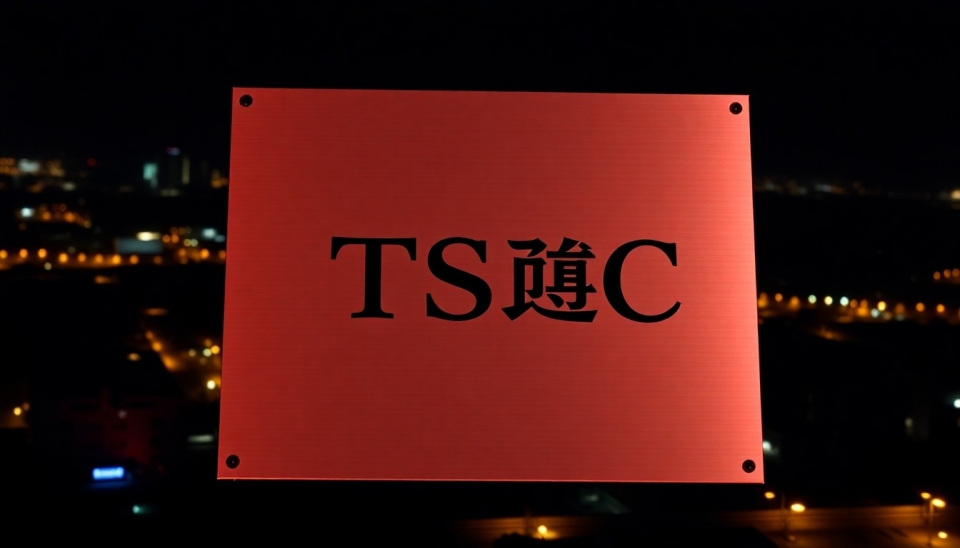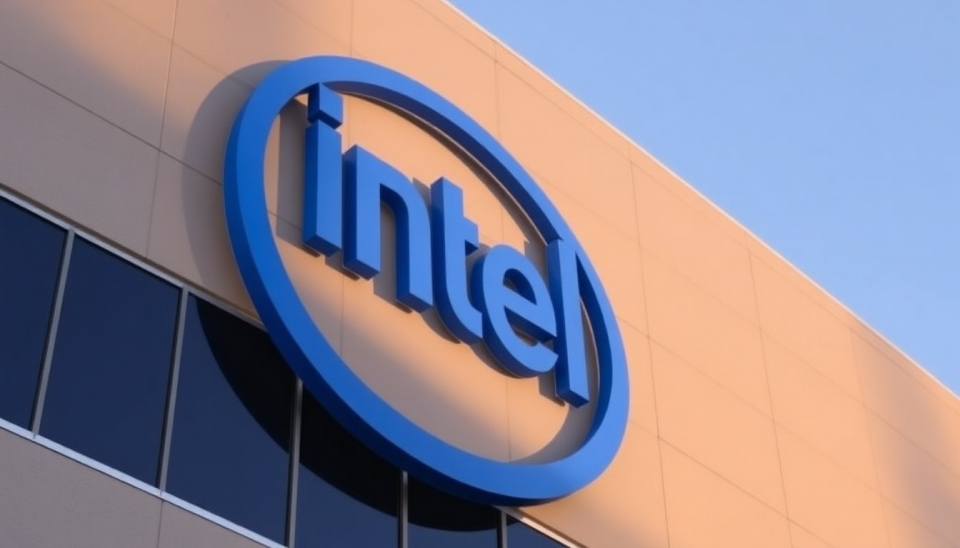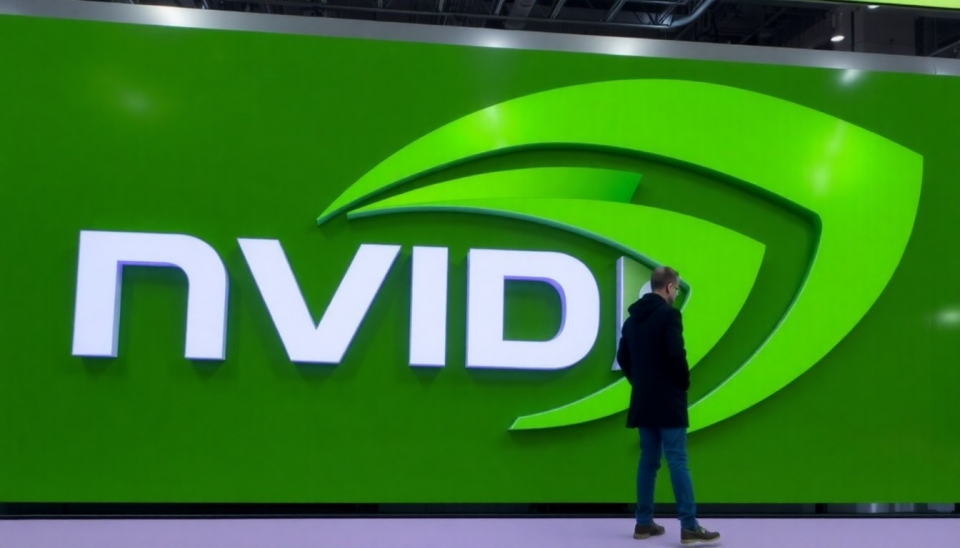
In a rapidly changing global economic landscape, Taiwanese semiconductor firms are ramping up their plans for expansion in the United States in response to looming tariff threats. This strategic move comes as these companies attempt to shield themselves from potential trade conflicts and capitalize on the growing demand for semiconductors in key sectors such as artificial intelligence (AI), electric vehicles, and telecommunications.
As concerns over supply chain vulnerabilities escalate, particularly in light of geopolitical tensions, leading players in Taiwan's semiconductor industry are increasingly viewing a presence in the U.S. market as essential. This new wave of investment signals a shift in priorities as companies seek to enhance their global footprint and independence from potential disruptions that could arise from tariffs or international trade sanctions.
Industry insiders highlight that the drive towards U.S. expansion is not solely about avoiding tariffs—it's also about evolving in a digital-first world. Firms like MediaTek and United Microelectronics Corp are evolving their business models to align more closely with U.S. technological advancements and innovation ecosystems. This initiative underscores a burgeoning sentiment within the Taiwanese semiconductor sector: that positioning itself closer to American markets can yield competitive advantages.
MediaTek, one of Taiwan's largest chip designers, is reportedly considering investments to establish operational hubs in the U.S. This strategic move aims to facilitate closer collaboration with American tech companies and government agencies, enhancing their ability to meet the demands of the digital age. Similarly, United Microelectronics Corp is exploring partnerships to enhance production capabilities and leverage advanced technologies developed in the U.S.
The urgency for Taiwanese firms to expand in the U.S. comes at a time when the Biden administration is actively making policies aimed at bolstering domestic semiconductor manufacturing. This is part of a larger push to ensure that the U.S. maintains its leadership in technology amidst global competition. By investing in U.S.-based operations, Taiwanese semiconductor firms are aligning themselves with U.S. policy goals while simultaneously hedging against the uncertainties of international trade.
Additionally, industry experts suggest that the semiconductor sector is likely to become a focal point of U.S.-Taiwan relations, with the potential for increased collaboration on technology and research. This could present Taiwanese companies with unique opportunities to not only diversify their markets but also enhance their R&D capabilities by tapping into the innovative spirit prevalent in the U.S.
With the semiconductor industry being a critical infrastructure for tech-based economies, the stakes are high. The shift toward U.S. expansion among Taiwanese firms signals a proactive approach to navigating a complex geopolitical landscape while positioning themselves favorably in an economy driven by technology innovation.
In conclusion, as tariff threats loom and demand for semiconductors continues to rise, Taiwanese semiconductor firms are not only looking to expand their operations in the United States but are also embracing a transformative strategy for future growth. Their endeavors reflect a significant pivot aimed at securing long-term sustainability and relevance in an ever-evolving technological ecosystem.
#semiconductors #TSMC #Taiwan #USExpansion #MediaTek #UnitedMicroelectronics #tariffs #technology #innovation #AI
Author: John Miller



